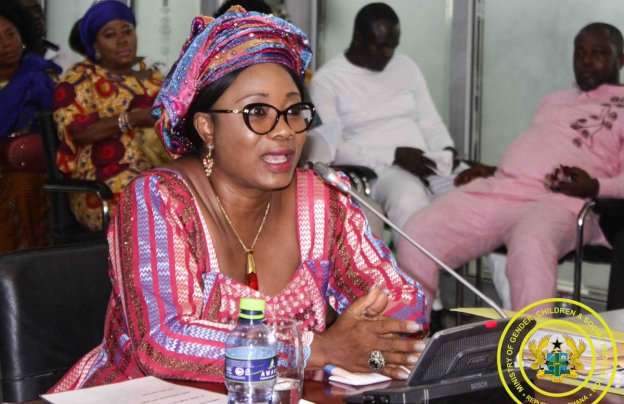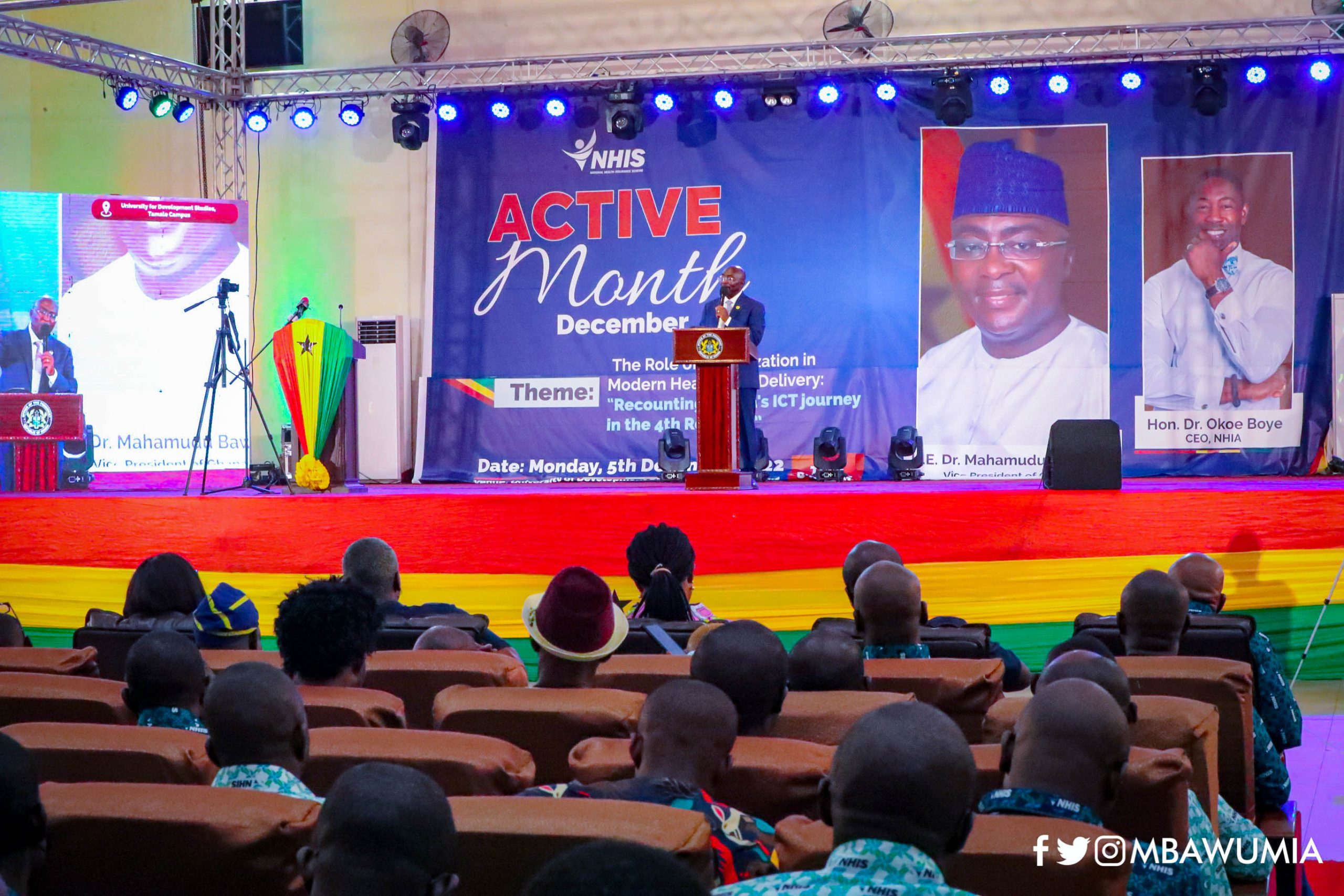The leadership of the Ghana Registered Nurses and Midwives Association (GRNMA) has expressed “dismay and disappointment” at the proposed debt exchange program as announced by the Minister of Finance on December 5, 2022.
The Association is therefore rejecting the programme in its current form.
Finance Minister, Ken Ofori-Atta announced on Sunday that holders of Treasury Bills are completely exempted from the debt exchange programme and would be paid the full value of their investments on maturity.
Also, he said individual holders of bonds will not be affected.
However, on Monday the minister told journalists in Accra that holders of domestic debt would voluntarily exchange approximately GHS137 billion of the domestic notes and bonds, including E.S.L.A. and Daakye bonds, for a package of New Bonds to be issued by the government.
Ken Ofori-Atta explained that the debt restructuring is a key requirement to enable the government secure a deal with the International Monetary Fund, and among others to restore debt and financial sustainability.
But nurses and midwives are opposed to the programme because individual members also have invested in the domestic bonds.
“As a matter of urgency, government must withdraw the inclusion of pension funds from its debt exchange program and allow the funds as invested to run until their maturity,” the Association said in a statement signed by Mrs. Perpetual Ofori-Ampofo and David Tenkorang-Twum, National President and General Secretary respectively of GRNMA.
The reasons assigned by the Association for rejecting governments proposal are:
- Pension funds are a collection of contributions of individuals. By design they are meant to protect the vulnerable during retirement. Any treatment of “individuals” as stated by the Minister of Finance must be indeed extended to all individuals as with pension funds including our GRNMA Fund, a Provident Fund for over 101,000 contributors who are nurses and midwives within the nursing and midwifery fraternity;
- Pension funds, particularly Tier 3 schemes, were encouraged to hold their investments for a minimum of 10 years. From its inception in 2012, most schemes have just met the 10 years or will be 10 years next year. Debt exchange for pension funds will mean that workers will not have access to Tier 3 funds after waiting for 5 – 15 years. This is simply unacceptable!
- By the National Pension Regulatory Authority’s (NPRA) regulations, all Pension Schemes have most of their assets in GoG securities. Trustees of these Pension Schemes were bound by regulation in the asset allocation policy by the NPRA. It will therefore be untenable for the poor worker to suffer under the proposed new bond issuance as part of the debt exchange. Government should therefore allow our Bonds to run until their maturity.
- Pensioners should not be made to suffer the consequences of Government’s fiscal indiscipline when they have paid their fair share of taxes, worked to build the economy whiles taking very low salaries;
- It is unacceptable that a Government that budgets 18% inflation in 2023 will consider zero interest rate for pension funds of poor, hardworking, law abiding citizens within the same period.

















